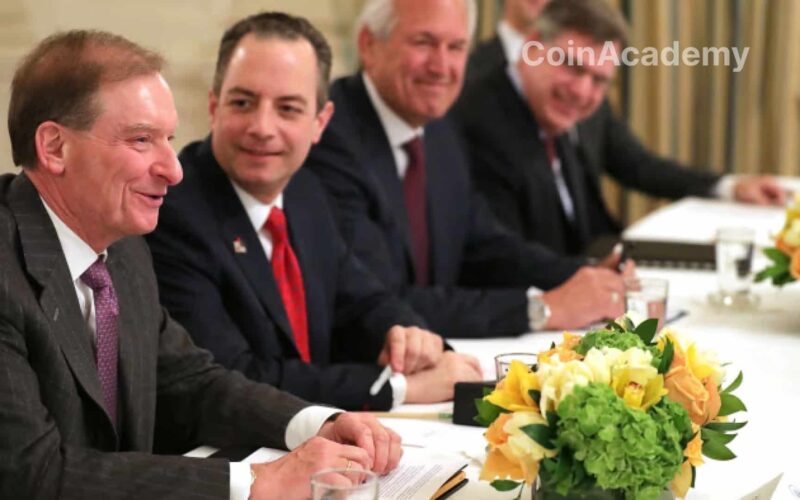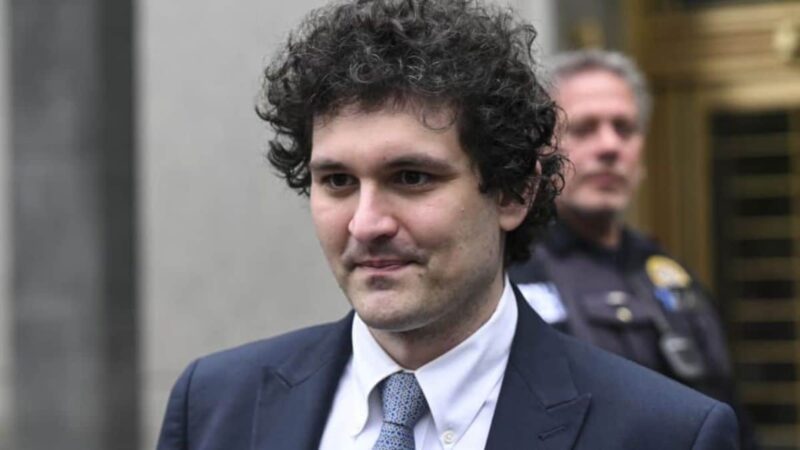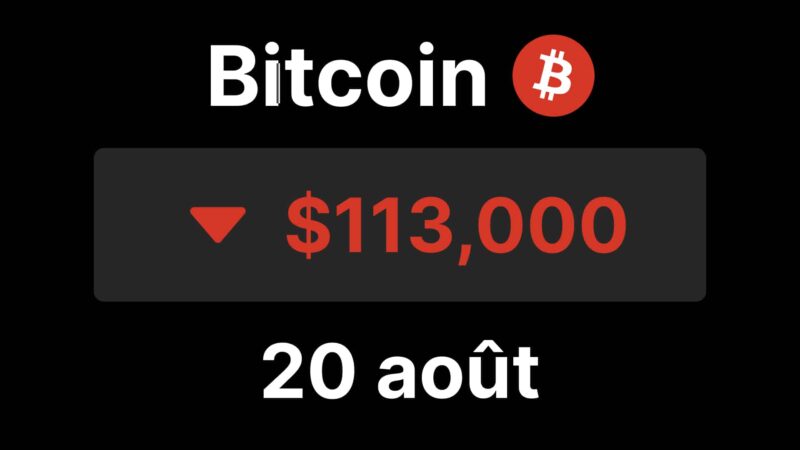Paul Atkins has been approved by the Senate Banking Committee to head the SEC, supported by Republicans despite criticism from some Democrats about his ideological affinities.
His nomination is part of Donald Trump’s desire to dismantle the crypto regulation put in place by Gary Gensler, a shift that has already begun under Mark Uyeda.
Suspicions of conflicts of interest are emerging around World Liberty Financial and Elon Musk’s growing influence on the SEC, fueling concerns about the independence of regulators.
Trump’s choice for SEC presidency confirmed
The American Senate has taken a new step in restructuring the national financial landscape. The Senate Banking Committee has approved the nomination of Paul Atkins to head the Securities and Exchange Commission (SEC), paving the way for a final vote in plenary session. Former SEC commissioner Atkins could well represent a decisive turning point in the regulation of digital assets.
A divisive profile, but supported by the Republican majority
By a vote of 13 to 11, the committee approved Paul Atkins’ appointment for two consecutive terms: the one left vacant by Gary Gensler, ending in June 2026, and a second term running until 2031. Republican support is unquestionable, and observers believe that final approval by the conservative-majority Senate will be a mere formality.
Committee Chairman Tim Scott praised the appointment, stating that Atkins would bring “much-anticipated clarity on digital assets.” An opinion far from shared by the Democrats. Elizabeth Warren, the only representative from her camp present that day, criticized Atkins’ ideological proximity to controversial figures such as Elon Musk or Sam Bankman-Fried, whom she accuses of wanting to “dismantle federal agencies.”
A regulatory dismantling dynamic initiated
Atkins’ confirmation is part of a clearly assumed strategy by Donald Trump, who promised during his campaign to remove Gary Gensler as soon as he returned to the White House. This was done on January 20, inauguration day, paving the way for an interim presidency entrusted to Mark Uyeda, favorable to a more conciliatory line with the crypto industry.
Under Uyeda, the SEC has already dropped several emblematic proceedings initiated under Gensler, including against companies whose executives financially supported Trump’s campaign, such as Ripple Labs. This judicial disengagement marks a clear break with the “regulation by repression” policy attributed to the former head of the institution.
A threat to the independence of regulators?
Concerns extend beyond arbitrations in favor of certain companies. Democratic lawmakers are now demanding the preservation of all internal communications related to World Liberty Financial, a crypto company suspected of benefiting from privileged connections with the new administration and the Trump family. The suspicion of conflicts of interest hangs over what could become a state affair.
Furthermore, Elon Musk’s “government efficiency” team, recently integrated into the Trumpist structure, is said to have gained extensive access to the SEC’s internal systems. Some see this as the beginnings of a purge of officials and a radical reorganization of the agency, which could disrupt financial market balances.
A new face for American finance
If Paul Atkins’ confirmation is no longer in doubt, it symbolizes much more than a simple change in leadership. The entire philosophy of American financial regulation is about to shift, between assumed deregulation, proximity to private actors, and suspicions of political influence. The face of Wall Street, and perhaps the future of the crypto sector, could be permanently transformed.




